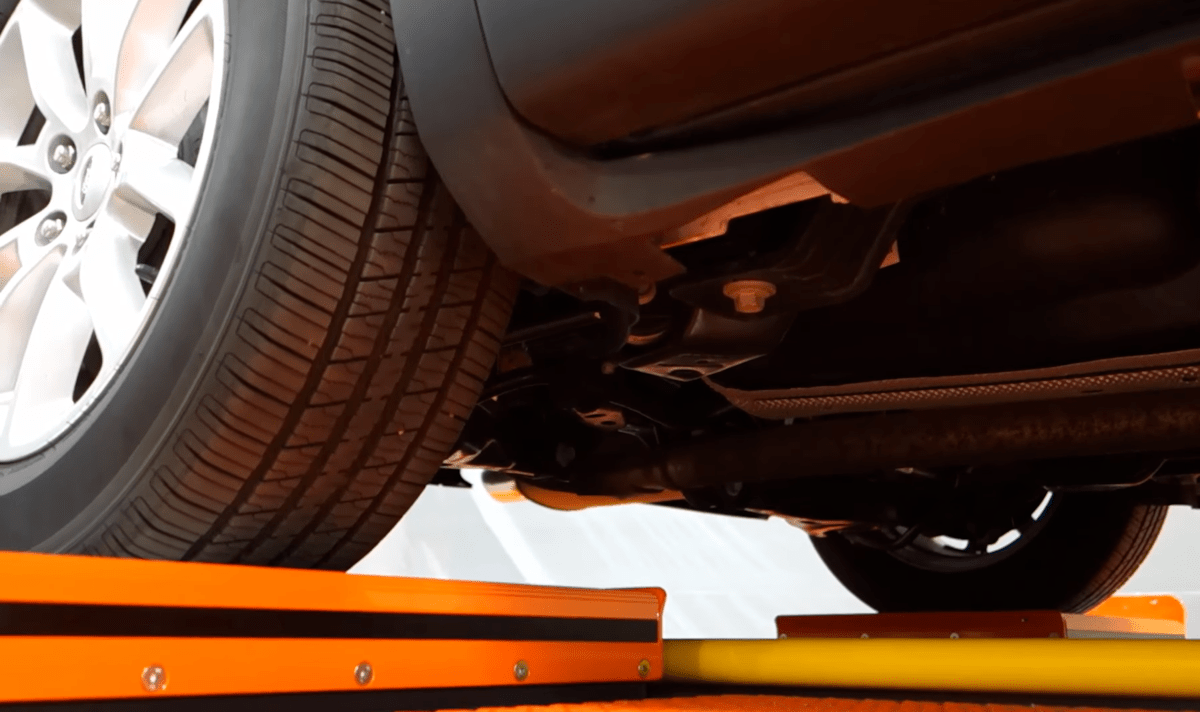EN 14363 Ride Comfort Testing with Suspension Evaluation
The European Standard EN 14363-1 specifies methods for testing ride comfort and suspension performance in railway vehicles. This service is aimed at ensuring that the suspension systems of rolling stock meet stringent safety, durability, and passenger comfort requirements as defined by this standard. The testing procedure involves a comprehensive evaluation of both static and dynamic conditions to assess how well the suspension system performs under real-world operating scenarios.
The ride comfort test typically includes several stages: initial setup, specimen preparation, application of loads, measurement of responses, and data analysis. Specimens are subjected to various loading configurations that simulate actual railway operations. The response is then measured using sensors positioned at key points within the vehicle structure. This allows for an accurate assessment of the suspension's ability to mitigate vertical accelerations experienced by passengers.
One crucial aspect of EN 14363-1 testing involves evaluating the effectiveness of the suspension system in reducing vibrations. Vibrations can significantly impact passenger comfort and the structural integrity of railway vehicles over time. By employing sophisticated instrumentation, such as accelerometer arrays and force sensors, we can capture detailed vibration profiles at different locations throughout the vehicle.
Another important component is the evaluation of seat support properties. Seats play a vital role in providing comfort while also influencing overall ride quality. Properly designed seats must offer adequate cushioning without compromising structural stability during dynamic maneuvers like braking or turning sharp curves.
The test setup often includes specialized fixtures capable of simulating realistic track conditions and road surfaces. These fixtures allow us to replicate the forces exerted on a vehicle as it traverses various types of terrain, including rough tracks and uneven ground. The resulting data provides valuable insights into how well each suspension configuration handles these challenging environments.
After collecting all necessary measurements, our team applies advanced analytical techniques to interpret the collected data according to EN 14363-1 guidelines. This process involves comparing measured parameters against specified tolerances outlined in the standard to determine compliance levels for different aspects of ride comfort and suspension performance.
Compliance with EN 14363-1 ensures that manufacturers produce safe, reliable, and comfortable railway vehicles suitable for both passenger transport and freight operations. By adhering strictly to this international standard, they demonstrate their commitment to maintaining high standards of quality across all product lines.
- International Acceptance: Compliance with EN 14363-1 is recognized globally, ensuring that your products meet the highest safety and comfort requirements set by regulatory bodies worldwide.
- Customer Satisfaction: Our rigorous testing process guarantees that only those systems meeting stringent performance criteria are approved for use in railway vehicles.
Eurolab Advantages
At Eurolab, we pride ourselves on delivering exceptional services tailored specifically to meet the needs of our clients. Our team comprises highly qualified professionals who possess extensive experience in conducting various types of tests across multiple sectors. With a strong focus on innovation and precision, we consistently strive to provide accurate results that reflect real-world conditions.
Our advanced facilities equipped with state-of-the-art equipment allow us to conduct comprehensive evaluations under controlled environments mimicking actual operating scenarios. This ensures that the test outcomes accurately represent the performance of your products in their intended applications.
We understand the importance of timely delivery and transparency throughout the testing process. Therefore, we maintain open lines of communication with our clients, providing regular updates on progress and ensuring swift resolution of any issues that may arise during the evaluation phase.
Our commitment to excellence extends beyond just technical expertise; it encompasses a dedication to customer satisfaction through personalized service and attention to detail. Whether you're seeking compliance certification or simply need assistance optimizing your product design, Eurolab is here to support every step of the way.
International Acceptance and Recognition
- Global Compliance: EN 14363-1 has been adopted by numerous countries around the world, making it a widely accepted standard for assessing ride comfort in railway vehicles. This ensures that any product certified under this standard will be recognized internationally.
- Regulatory Approval: Many regulatory authorities require compliance with EN 14363-1 when approving new models or modifications to existing designs. By adhering strictly to these standards, manufacturers can ensure they meet all necessary requirements for market entry.
The international recognition afforded by conforming to EN 14363-1 not only enhances your product's reputation but also opens up opportunities for expansion into new markets. It demonstrates that your organization adheres to the highest industry standards, thereby boosting customer confidence and trust in your brand.
Moreover, this standard plays a crucial role in promoting safety and reducing accidents associated with poor suspension performance or inadequate ride comfort. By ensuring compliance through rigorous testing processes like those offered by Eurolab, you contribute to creating safer travel experiences for millions of passengers worldwide.
Use Cases and Application Examples
- New Vehicle Development: When developing new railway vehicles or modifying existing models, manufacturers can use EN 14363-1 as a guideline to ensure their products meet the required safety and comfort standards.
- Quality Assurance: Regular testing helps identify potential areas for improvement in ongoing production runs. This allows companies to maintain consistent quality levels across all batches manufactured over time.
- Retrofitting Existing Systems: For older vehicles that need updating, applying EN 14363-1 ensures that retrofitted components perform up to current industry standards without compromising on durability or reliability.
Additionally, this standard can be particularly beneficial for companies involved in international projects where multiple jurisdictions have varying requirements. By adhering to a universally recognized benchmark like EN 14363-1, they simplify compliance efforts and reduce risks associated with non-conformance.
In summary, whether you're a manufacturer looking to enhance the performance of your products or an operator seeking reassurance about the safety and comfort of your fleet, EN 14363-1 provides a robust framework for achieving these goals. Our services at Eurolab are designed specifically to help organizations navigate this complex landscape with ease and confidence.





